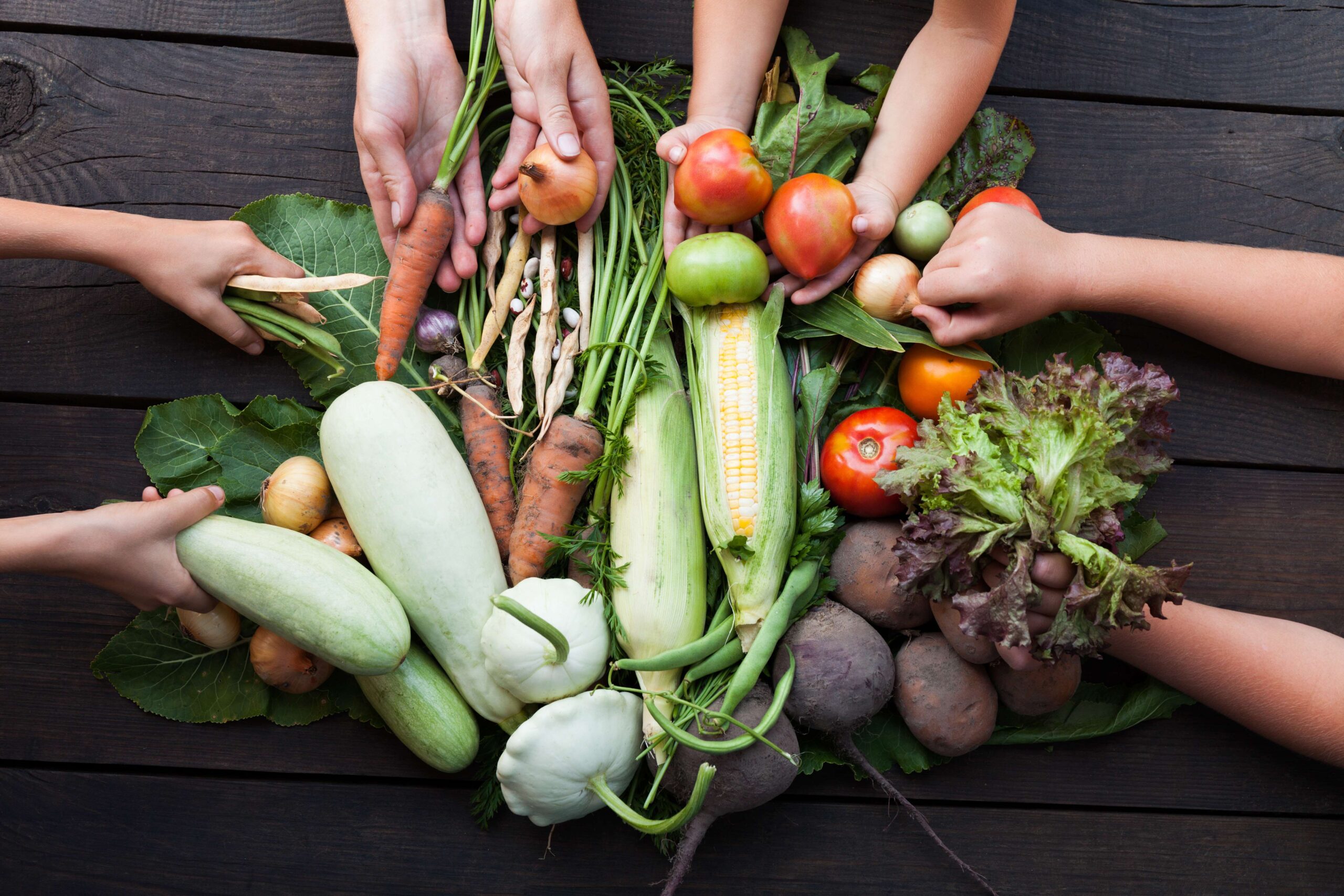The global food industry is undergoing a significant transformation. As the impact of climate change becomes increasingly evident and consumers become more conscious of their environmental footprint, the demand for sustainable and eco-friendly food options is on the rise. Sustainable food companies are emerging as key players in this shift, driving innovation and reshaping the future of food production and consumption.
The Rise of Sustainable Food Companies
Sustainable food companies prioritize environmental stewardship, social responsibility, and economic viability in their operations. They adopt practices that minimize waste, reduce carbon emissions, and promote biodiversity. From farm to fork, these companies are reimagining the food supply chain to create products that are not only delicious and nutritious but also environmentally friendly.
One of the most notable trends in the sustainable food sector is the rise of plant-based and alternative protein products. Companies like Beyond Meat and Impossible Foods have gained widespread popularity by offering plant-based burgers, sausages, and other meat alternatives that taste remarkably similar to their animal-based counterparts. These products require significantly less land, water, and energy to produce compared to traditional meat, making them a more sustainable choice for environmentally conscious consumers.
Innovative Farming Practices
In addition to alternative proteins, sustainable food companies are also pioneering innovative farming practices to reduce the environmental impact of agriculture. Vertical farming, for example, involves growing crops in stacked layers under controlled conditions, often indoors or in urban settings. This method uses less water and land than traditional farming and allows for year-round production of fresh fruits and vegetables.
Regenerative agriculture is another promising approach that focuses on restoring soil health, sequestering carbon, and enhancing biodiversity. Companies like Patagonia Provisions and Dr. Bronner’s are investing in regenerative farming practices to produce organic and sustainable food products while also combating climate change and soil degradation.
Technology and Food Sustainability
Advancements in technology are playing a crucial role in the growth of sustainable food companies. From blockchain to artificial intelligence, these technologies are being utilized to improve transparency, traceability, and efficiency in the food supply chain.
Blockchain, for instance, allows consumers to track the journey of their food from farm to table, ensuring that it has been produced and handled according to sustainable and ethical standards. AI and machine learning algorithms are being used to optimize crop yields, reduce food waste, and develop new plant-based recipes that are both nutritious and delicious.
Consumer Demand and Ethical Consumption
Consumer demand for sustainable and ethically produced food is a driving force behind the growth of sustainable food companies. Millennials and Gen Z, in particular, are willing to pay a premium for products that align with their values and beliefs. According to a survey conducted by Nielsen, 73% of global consumers said they would definitely or probably change their consumption habits to reduce their impact on the environment.
This shift in consumer behavior is encouraging food companies to adopt more sustainable practices and offer a wider range of eco-friendly products. Big food corporations are also getting on board, investing in sustainable initiatives and acquiring smaller, innovative companies to meet the growing demand for green and ethical food options.
The Future of Sustainable Food
As sustainable food companies continue to gain momentum, the future of food production and consumption is looking increasingly green and promising. With a focus on innovation, technology, and ethical consumption, these companies are leading the way towards a more sustainable and resilient food system that can withstand the challenges of climate change and resource scarcity.
Government support and policy incentives are also playing a crucial role in accelerating the growth of the sustainable food sector. Subsidies for organic farming, tax incentives for renewable energy, and regulations promoting sustainable practices are creating a favorable environment for sustainable food companies to thrive and expand their market reach.
Conclusion
Sustainable food companies are shaping the future of the food industry by driving innovation, adopting eco-friendly practices, and meeting the growing demand for sustainable and ethically produced food products. Through the use of innovative farming practices, technological advancements, and a commitment to environmental stewardship, these companies are paving the way towards a more sustainable and resilient food system.
As consumers become increasingly aware of the environmental impact of their food choices, the demand for sustainable and eco-friendly food options will only continue to grow. By supporting and investing in sustainable food companies, we can all play a part in creating a more sustainable, ethical, and environmentally friendly food system for future generations.
In conclusion, the rise of sustainable food companies is not just a trend but a fundamental shift towards a more sustainable and ethical food industry. By prioritizing environmental sustainability, social responsibility, and economic viability, these companies are setting new standards for the food industry and inspiring consumers, businesses, and policymakers alike to make more sustainable and ethical choices in their food consumption and production practices.
Click here for more info: Sustainable Certifications
















